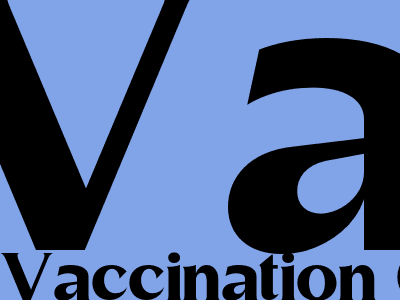Vaccinations: A Guide to Staying Healthy
What are vaccinations?
Vaccinations are a safe and effective way to protect people from serious diseases. They work by introducing a weakened or inactivated form of a virus or bacteria into the body, which triggers the immune system to produce antibodies against that disease. This means that if the person is later exposed to the real virus or bacteria, their immune system will be prepared to fight it off and prevent them from getting sick.
Why are vaccinations important?
Vaccinations are important because they can prevent serious diseases and even death. Some of the diseases that can be prevented by vaccinations include measles, mumps, rubella, polio, and whooping cough. These diseases can cause lifelong disabilities or even death, so it's important to get vaccinated to protect yourself and your loved ones.
What are the benefits of vaccinations?
There are many benefits to getting vaccinated, including:
- Protecting yourself from serious diseases
- Protecting your loved ones from serious diseases
- Preventing the spread of disease
- Reducing the risk of death
Are vaccinations safe?
Vaccinations are very safe. The vaccines that are available in the United States have been extensively tested and proven to be safe and effective. There is a very small risk of side effects from vaccinations, but these side effects are usually mild and go away within a few days. The benefits of vaccinations far outweigh the risks, so it's important to get vaccinated to protect yourself and your loved ones.
When should I get vaccinated?
The recommended vaccination schedule varies depending on your age and health condition. Talk to your doctor to find out when you should get vaccinated and which vaccines you need.
Where can I get vaccinated?
You can get vaccinated at your doctor's office, a health clinic, or a pharmacy. Many pharmacies offer free or low-cost vaccinations for common diseases like the flu and pneumonia.
How much do vaccinations cost?
The cost of vaccinations varies depending on the type of vaccine and where you get it. Some vaccines are covered by health insurance, while others may have a small fee. Talk to your doctor or your insurance provider to find out how much your vaccinations will cost.
Are there any risks associated with vaccinations?
Yes, there are some risks associated with vaccinations, but they are very rare. The most common side effects of vaccinations are mild and go away within a few days. These side effects can include:
- Pain at the injection site
- Redness at the injection site
- Swelling at the injection site
- Fever
- Chills
- Muscle aches
- Headache
- Fatigue
In very rare cases, vaccinations can cause more serious side effects, such as:
- Anaphylaxis (a severe allergic reaction)
- Guillain-Barré syndrome (a neurological disorder)
- Death
However, it's important to note that these side effects are very rare. The benefits of vaccinations far outweigh the risks, so it's important to get vaccinated to protect yourself and your loved ones.

Komentar